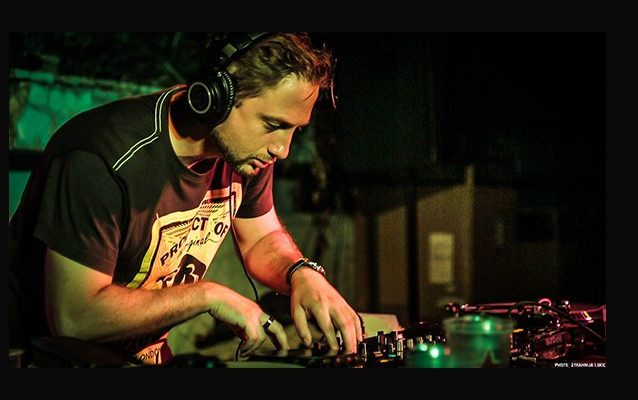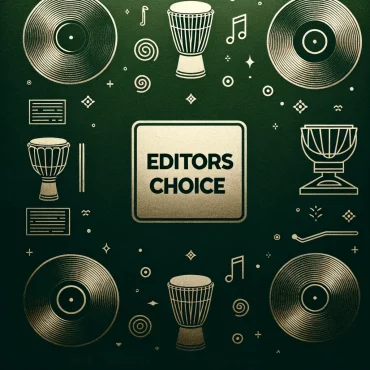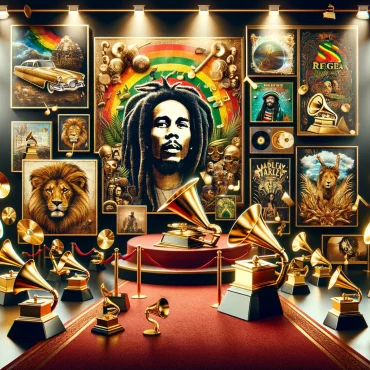-
play_arrow
Radio Reggaeneracija Reggae Radio 24/7
- home Home
- keyboard_arrow_right Balkans Reggae
- keyboard_arrow_right News
- keyboard_arrow_right Posts
- keyboard_arrow_rightThe State and Perspectives of Reggae Scenes Through Time
Written By
Jah Tooth

Today’s reggae scene is in some vacuum caused by the original scene and what the global market demands today. This should be a tribute to my twenty years of listening to reggae music.
Reggae once emerged from the souls of ghettos, the poor, and the oppressed, and then, with the help of Marley, gained the attention of Western masses, where what was spiritual met the material and an escape from poverty. This is not a remark on Marley’s unparalleled work, but rather that quality also invoked commercialization at the expense of some religious rituals. For instance, I once received a comment from a devout idler claiming he was a ‘bigger Rasta than me because he smokes huge amounts of marijuana.’
Hence, today’s reggae protégés start with a genuine spark, but with their first contact with the music industry, it is made clear to them where their place is if they want to survive. From that point on, performers branch out between those who surrender to the market and those who remain true to their origins, suffering the consequences. These two types, divided by the market, generally do not tolerate each other. I could list a hundred examples, but I’ll mention just one: Mutabaruka and Fantan Mojah.
Being a great reggae enthusiast myself, I started a project two years ago to meet my heroes, that is, a reggae festival named ‘Roots Revival.’ The project’s idea, as the name suggests, is to strengthen the roots direction, which began to lose battles with commercial streams. For now, my heroes are nothing but ordinary people shielded by agents who keep them away from negotiating positions, as the reggae industry is generally weak. Most festivals chase reggae musicians based on social stories. In contrast, big festivals like Rototom exploit their popularity, so musicians play for a small or almost no fee for the sake of music promotion. Here occurs an inverse proportion where smaller festivals pay more because they need stronger names to attract more visitors. In comparison, on larger festivals, musicians receive smaller fees to break onto the music scene.
All in all, there isn’t much enjoyment in reggae music and not much sincerity when you step into the world of business and money. The famous saying ‘man is a wolf to another man’ is increasingly applied in the industry. The Balkan reggae scene deserves mention, which has been in despair for many years. The popularity of reggae music in this region has been reduced to the lowest levels, and even under these conditions, DJs, performers, and audiences have been divided into clans, so they don’t attend each other’s events. I also had the opportunity to see some inhumane characteristics from colleagues when I was involved with other organizations. When you are pure at heart, you do not think that someone in reggae music could harbor different values. But due to poverty, people are exposed to bad influences, and then they become a bad influence and treat their reflection in others in the same way.
But what is positive is discovering musicians who live music and are what they sing. This feeling compensates for all the rest that you have to deal with. That’s why it’s nice to be at the helm of a small festival and be a talent hunter. Look for those who, for some unknown reason, are still underground in the underground direction. Not only that but also to find a balance so they don’t feel like part of a social story but respected and loved, to give that special note to the performance. These performances are remembered, and that’s what life is for. But it is equally difficult for both sides.
Thus, the pieces came together with singer Meta Dia and the group that today comprises Meta & The Cornerstones. It was a struggle on both sides to make things happen while both worlds had their problems and met in the middle for new beginnings. That start kept me happy for months after the end of the first festival edition, although it was a financial disaster, not as much as the second one, but nonetheless. We must live for something.
In conclusion, reggae music has begun to rise again. It is growing because, unfortunately, there is a deficit in the values that reggae music carries in the world. Inflation, disease epidemics, and suffering suppress freedom, society, connectedness, and love among people.
Therefore, I believe that a new era for reggae music is coming, and we have jumped on the right train; we need to persist because the world needs reggae in its original form that has become forgotten.
Written by: reggaeneracija
Balkans Reggae Bob Marley Fantan Mojah Meta & The Cornerstones Meta Dia Mutabaruka Reggae Reggae Scene roots Roots Revival Roots Revival Reggae Festival
Similar posts
Buy us a Coffee
Follow us on Facebook
Recent Tracks
Burning Spear said
Internet Radio Database
Designed by Swift Leaf Digital Solutions. All rights reserved 2021.




Post comments (0)